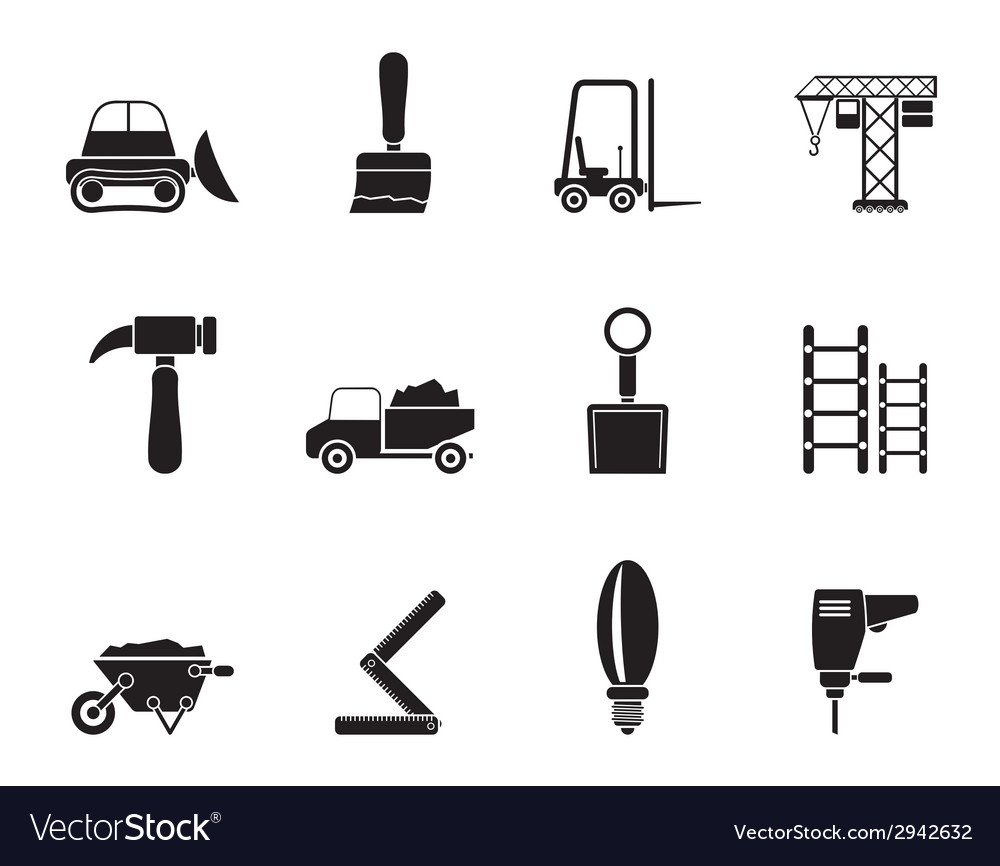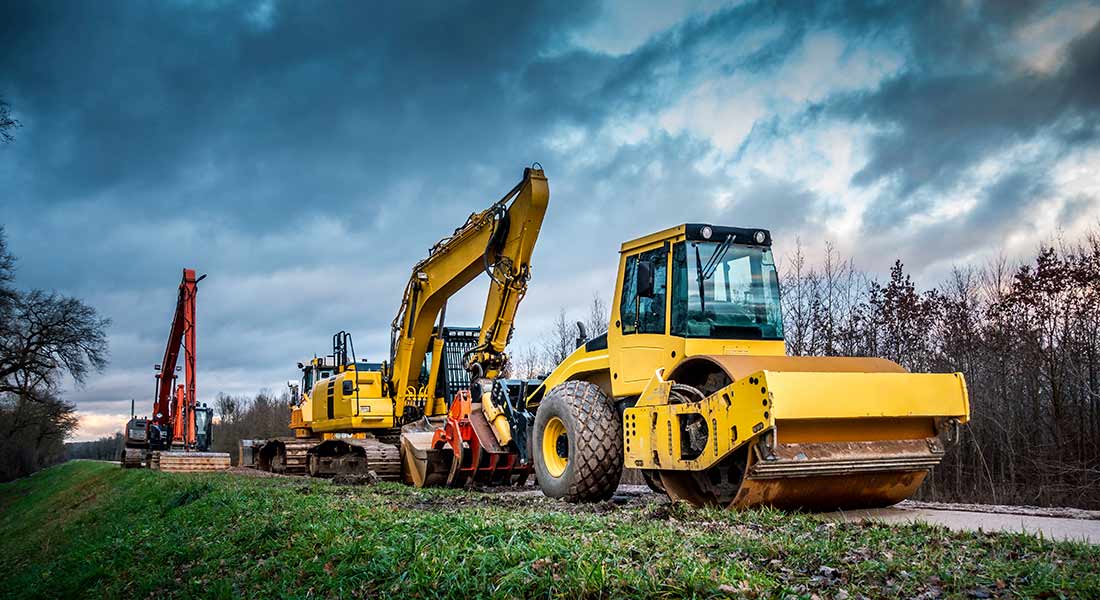Forklift Rental in Tuscaloosa, AL: Versatile Lifting Solutions for Your Needs
Forklift Rental in Tuscaloosa, AL: Versatile Lifting Solutions for Your Needs
Blog Article
Checking Out the Financial Conveniences of Leasing Construction Devices Contrasted to Owning It Long-Term
The decision between leasing and possessing building devices is crucial for financial management in the market. Leasing deals immediate expense financial savings and operational adaptability, allowing firms to allot resources much more effectively. In comparison, ownership includes substantial long-term economic dedications, including upkeep and devaluation. As contractors weigh these options, the effect on capital, job timelines, and innovation gain access to ends up being progressively considerable. Understanding these nuances is important, especially when considering just how they straighten with certain job needs and financial strategies. What variables should be focused on to guarantee optimal decision-making in this complex landscape?

Expense Contrast: Renting Out Vs. Possessing
When assessing the financial effects of renting out versus possessing construction tools, a complete expense comparison is vital for making educated decisions. The selection between leasing and owning can considerably influence a business's profits, and understanding the associated costs is crucial.
Renting out construction devices normally involves reduced ahead of time costs, enabling services to allocate resources to various other operational demands. Rental arrangements usually include versatile terms, making it possible for business to accessibility progressed equipment without long-term commitments. This versatility can be specifically useful for temporary jobs or rising and fall work. Nonetheless, rental prices can collect with time, possibly exceeding the cost of ownership if equipment is needed for an extended period.
Alternatively, owning construction tools calls for a significant initial financial investment, together with recurring expenses such as financing, devaluation, and insurance policy. While ownership can lead to long-term cost savings, it likewise binds funding and may not supply the very same level of adaptability as leasing. In addition, owning tools necessitates a commitment to its utilization, which might not constantly straighten with project needs.
Ultimately, the decision to rent or own needs to be based upon a thorough evaluation of details project demands, economic capacity, and long-term calculated goals.

Maintenance Responsibilities and expenses
The choice between possessing and renting out building equipment not only entails economic factors to consider yet additionally incorporates recurring maintenance costs and responsibilities. Possessing equipment needs a significant commitment to its maintenance, which includes regular inspections, repair services, and possible upgrades. These responsibilities can quickly accumulate, leading to unexpected costs that can strain a budget plan.
In comparison, when renting devices, maintenance is commonly the obligation of the rental business. This plan enables specialists to prevent the financial burden related to deterioration, in addition to the logistical challenges of scheduling repair services. Rental agreements frequently include stipulations for upkeep, implying that contractors can concentrate on finishing tasks as opposed to fretting about tools problem.
Moreover, the diverse series of devices readily available for lease allows companies to choose the most recent models with innovative technology, which can enhance effectiveness and performance - scissor lift rental in Tuscaloosa, AL. By choosing services, businesses can stay clear of the long-lasting responsibility of devices devaluation and the associated maintenance migraines. Eventually, assessing maintenance expenses and duties is essential for making a notified choice concerning whether to possess or rent out building devices, significantly impacting total job costs and functional effectiveness

Depreciation Influence On Ownership

A considerable factor to consider in the decision to have building and construction devices is the influence of devaluation on total possession costs. Devaluation stands for the decrease in worth of the tools with time, influenced by aspects such as usage, wear and tear, and innovations in technology. As equipment ages, its market value decreases, which can considerably impact the proprietor's monetary position when it comes time to market or trade the tools.
For construction firms, news this depreciation can convert to substantial losses if the equipment is not utilized to its greatest potential or if it lapses. Owners should make up depreciation in their economic projections, which can result in higher total prices contrasted to renting out. In addition, the tax obligation effects investigate this site of depreciation can be intricate; while it might offer some tax advantages, these are commonly countered by the reality of lowered resale value.
Eventually, the burden of depreciation stresses the relevance of comprehending the long-term monetary commitment associated with owning building tools. Companies need to thoroughly examine how frequently they will certainly utilize the tools and the possible financial influence of devaluation to make an enlightened choice about ownership versus renting.
Financial Adaptability of Renting Out
Renting building tools uses significant monetary flexibility, enabling business to allocate resources much more efficiently. This versatility is particularly vital in an industry characterized by changing task needs and varying workloads. By opting to rent out, organizations can prevent the substantial funding expense needed for buying devices, maintaining capital for other operational demands.
Furthermore, leasing tools makes it possible for firms to tailor their equipment options to certain job needs without the long-term commitment related to ownership. This suggests that organizations can conveniently scale their equipment inventory up or down based on awaited and current task demands. Subsequently, this flexibility lowers the risk of over-investment in machinery that may come to be underutilized or out-of-date over time.
An additional monetary advantage of renting out is the possibility for tax benefits. Rental payments are usually taken into consideration operating costs, enabling instant tax deductions, unlike devaluation on owned and operated devices, which is spread over several years. scissor lift rental in Tuscaloosa, AL. This prompt expenditure recognition can better boost a firm's cash money placement
Long-Term Job Considerations
When examining the long-term requirements of a building and construction service, the decision between renting out and owning tools ends up being more complex. Key variables to think about include project duration, regularity of usage, and the nature of upcoming jobs. For jobs with extended timelines, acquiring equipment may appear advantageous because of the possibility for reduced overall expenses. However, if the devices will not be utilized continually throughout tasks, possessing might bring about underutilization and unneeded expenditure on insurance, storage, and upkeep.
The building industry is evolving rapidly, with new equipment offering improved effectiveness and safety features. This flexibility is especially advantageous for companies that deal with diverse jobs requiring various types of equipment.
In addition, financial stability plays a vital function. Owning equipment frequently requires considerable capital expense and depreciation concerns, while leasing enables even more foreseeable budgeting and capital. Inevitably, the option between leasing and having needs to be lined up with the critical objectives of the building and construction company, thinking about both expected and current project needs.
Final Thought
In verdict, leasing construction equipment uses considerable economic benefits over long-term possession. Ultimately, the choice to lease instead than very own aligns with the dynamic nature of building and construction jobs, permitting for flexibility and accessibility to the newest devices without the monetary problems associated with possession.
As devices ages, its market worth lessens, which can significantly influence you could try these out the owner's financial position when it comes time to trade the equipment or market.
Renting construction devices provides significant financial adaptability, enabling companies to designate resources a lot more effectively.Furthermore, renting devices makes it possible for companies to tailor their tools choices to certain project needs without the lasting commitment associated with ownership.In conclusion, renting building equipment uses considerable economic advantages over lasting ownership. Ultimately, the decision to lease instead than very own aligns with the dynamic nature of building tasks, enabling for versatility and accessibility to the latest equipment without the monetary problems connected with possession.
Report this page